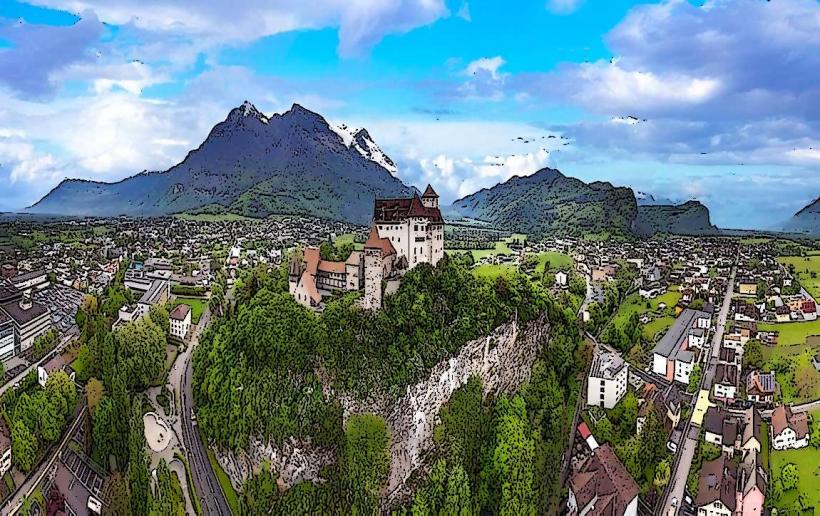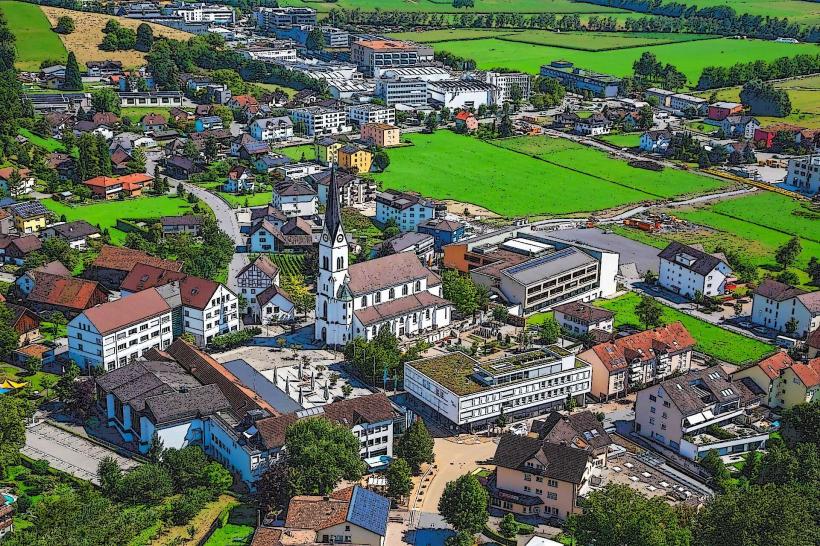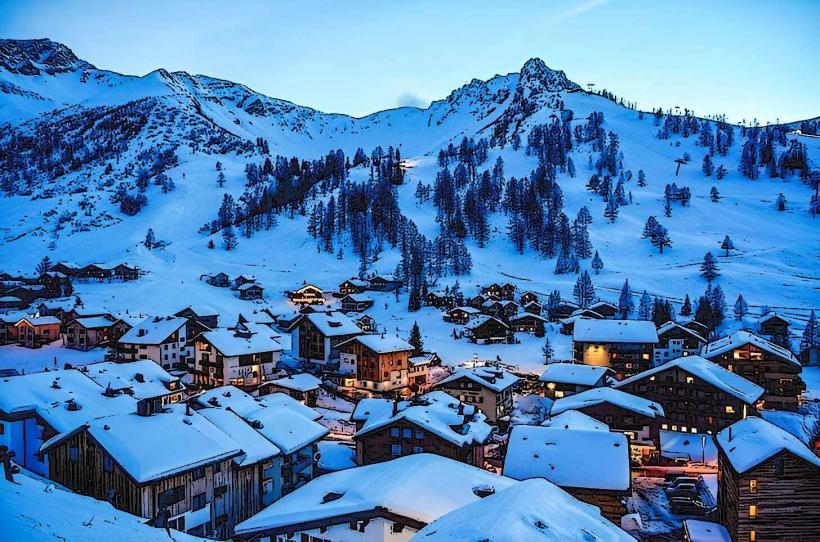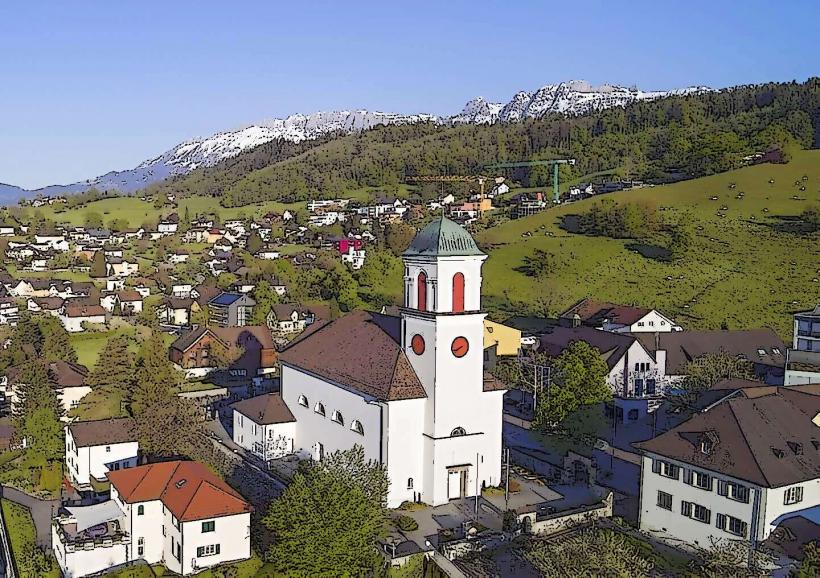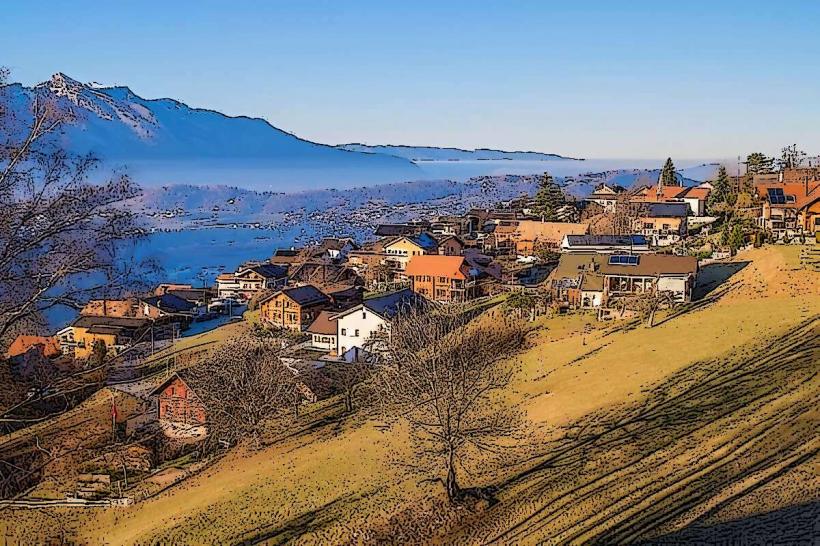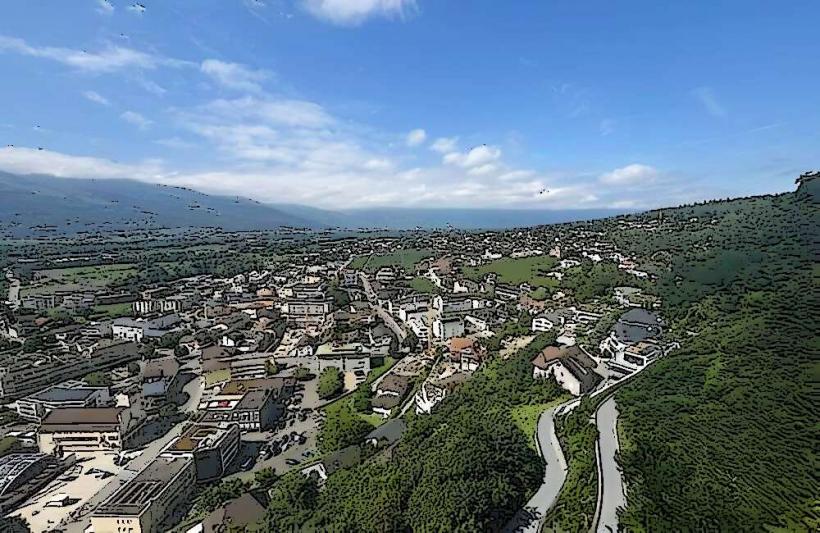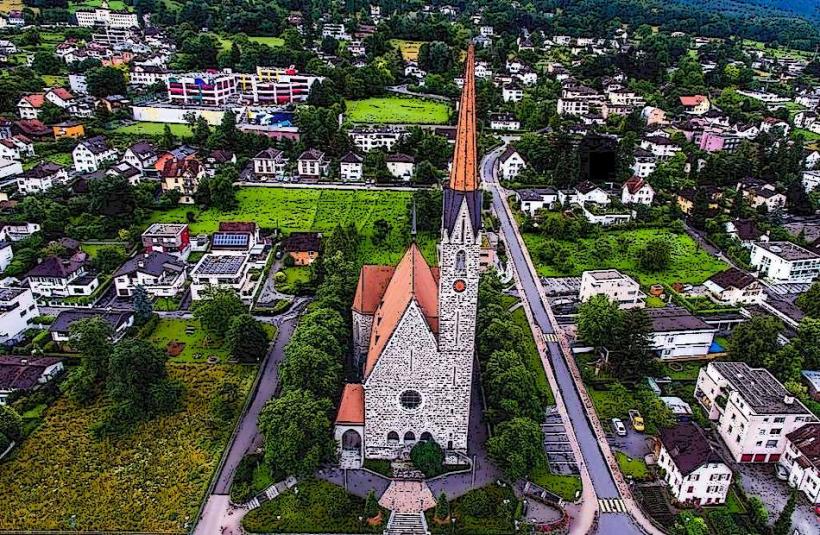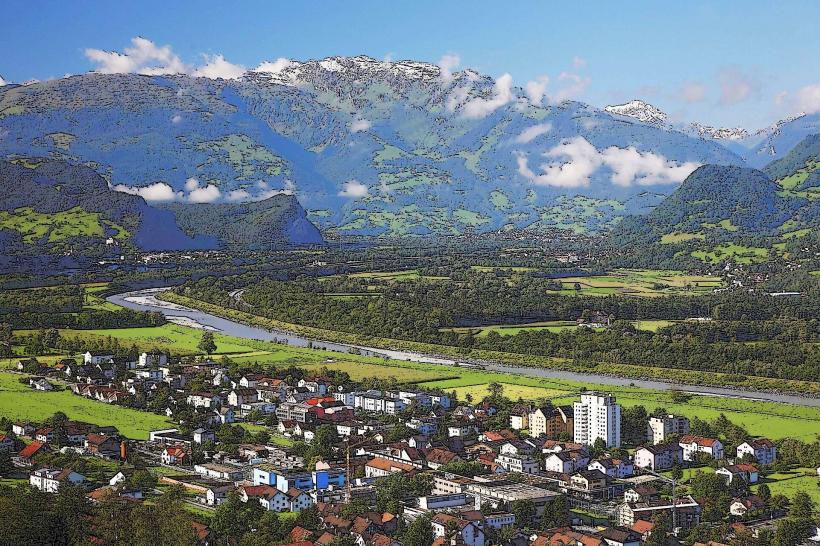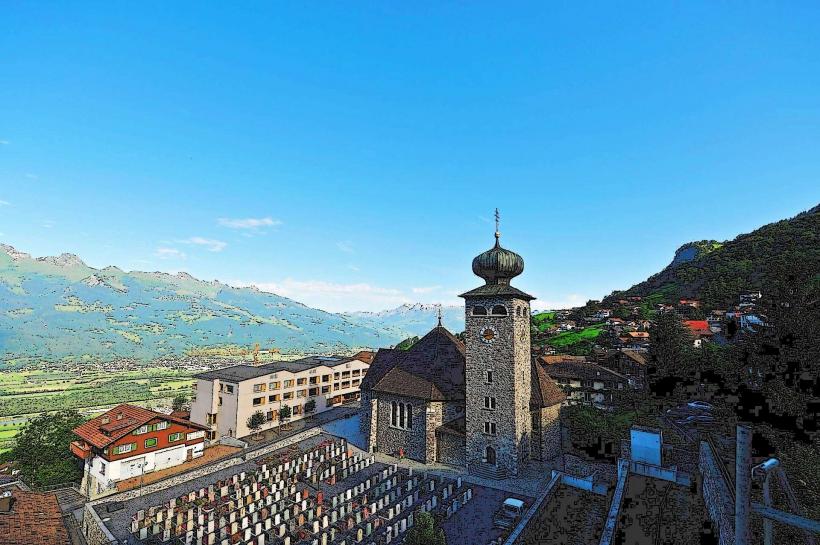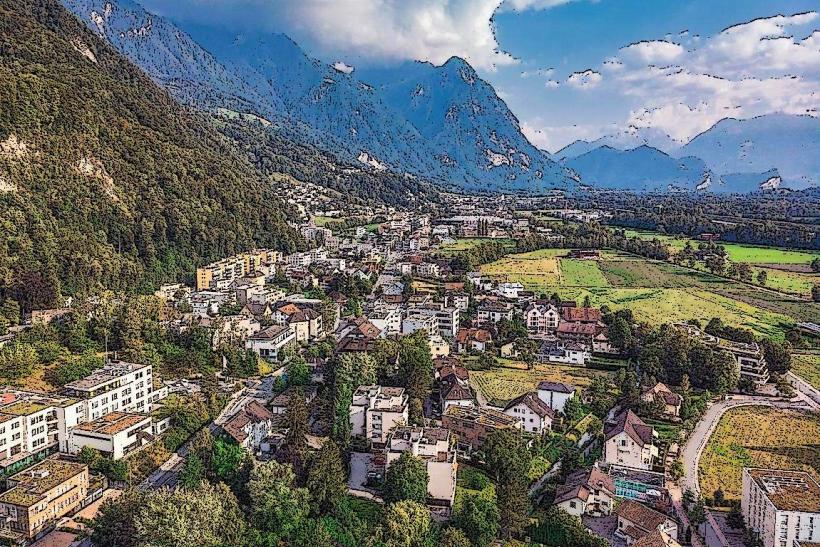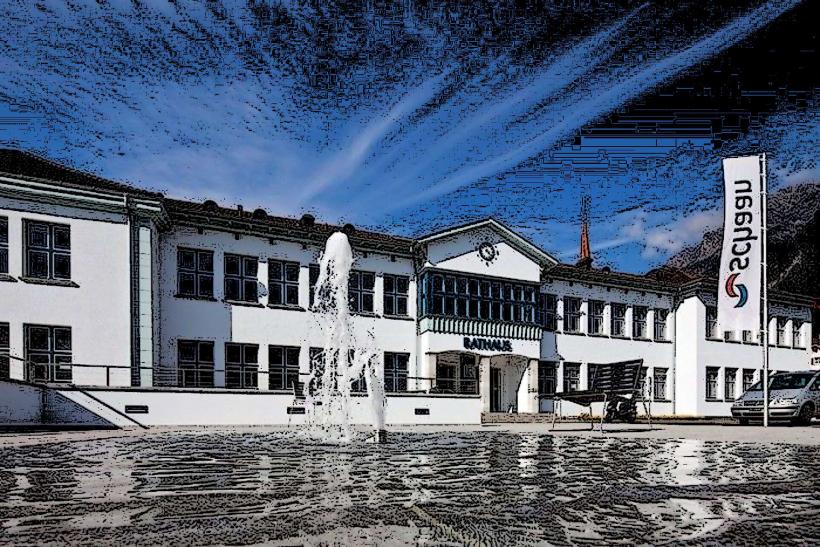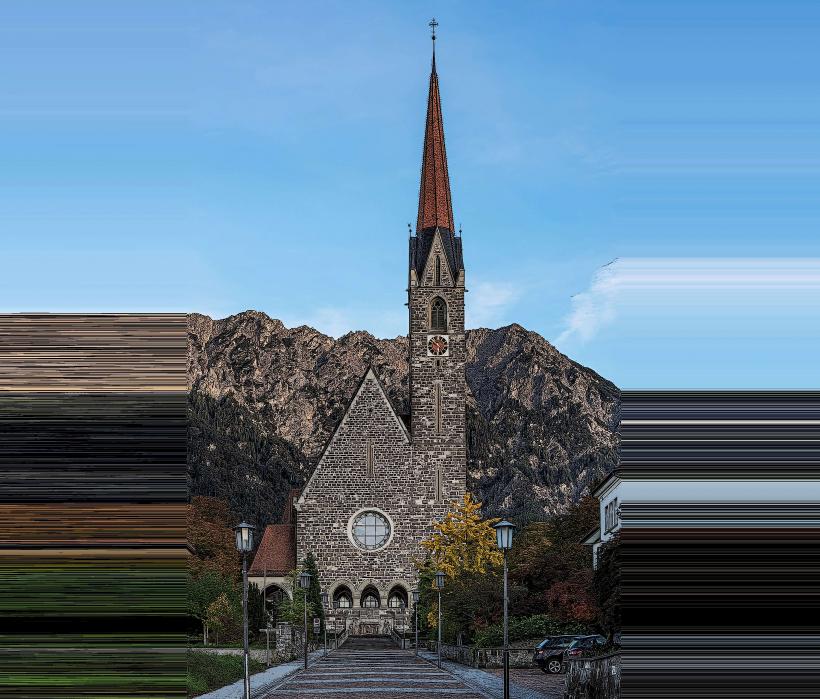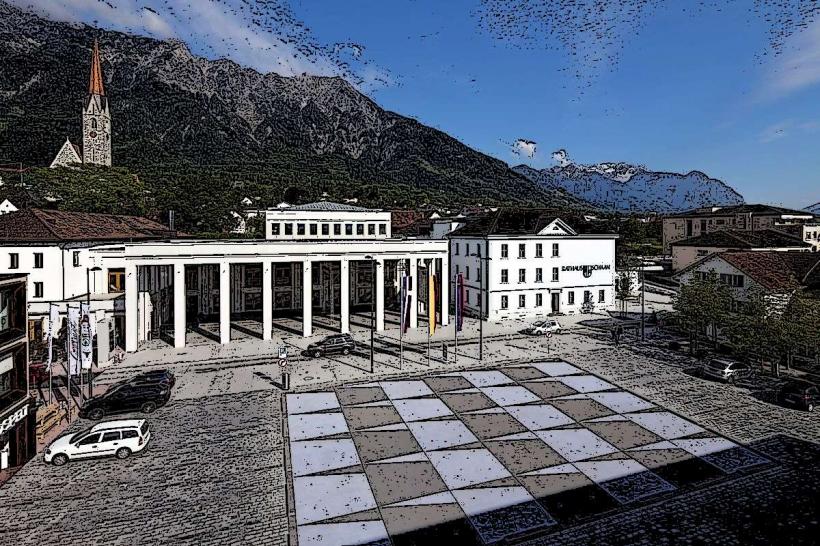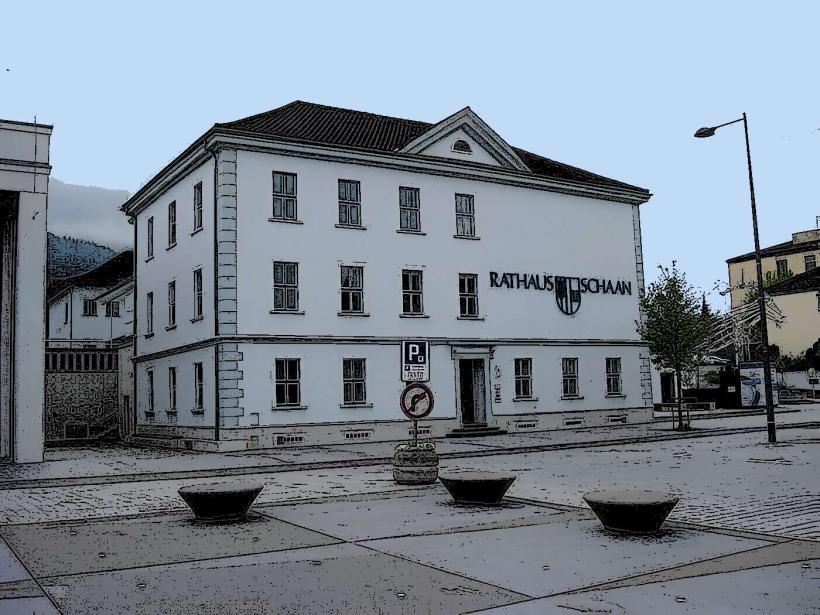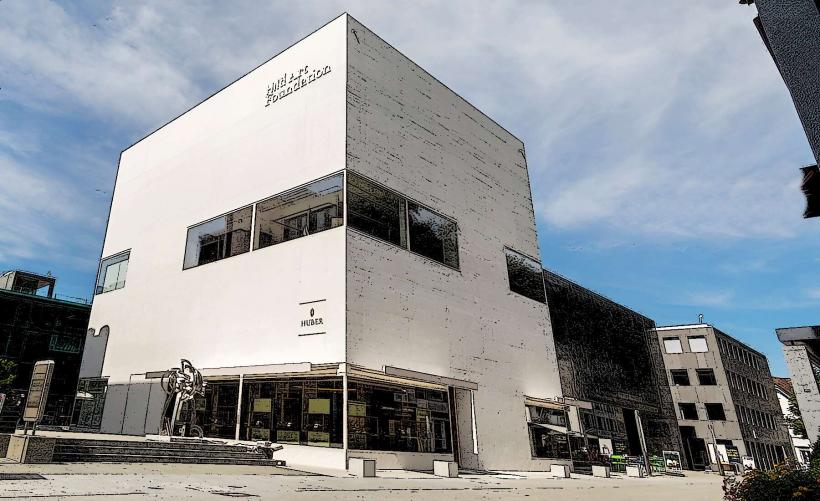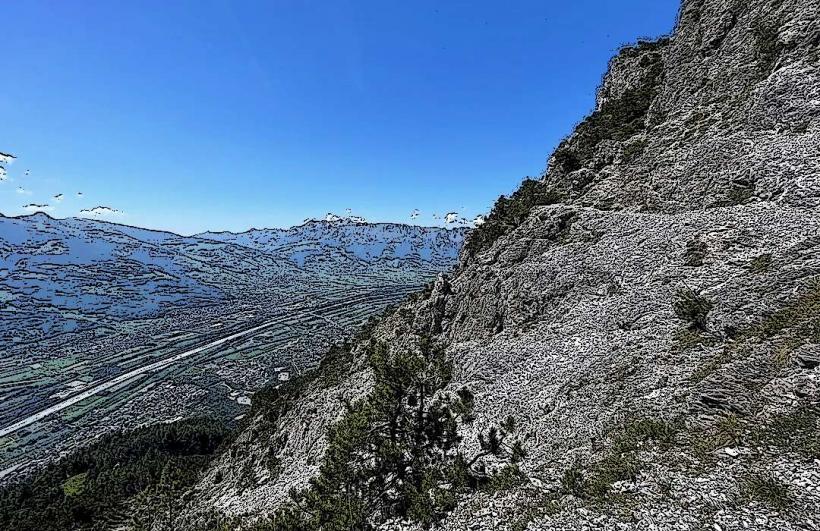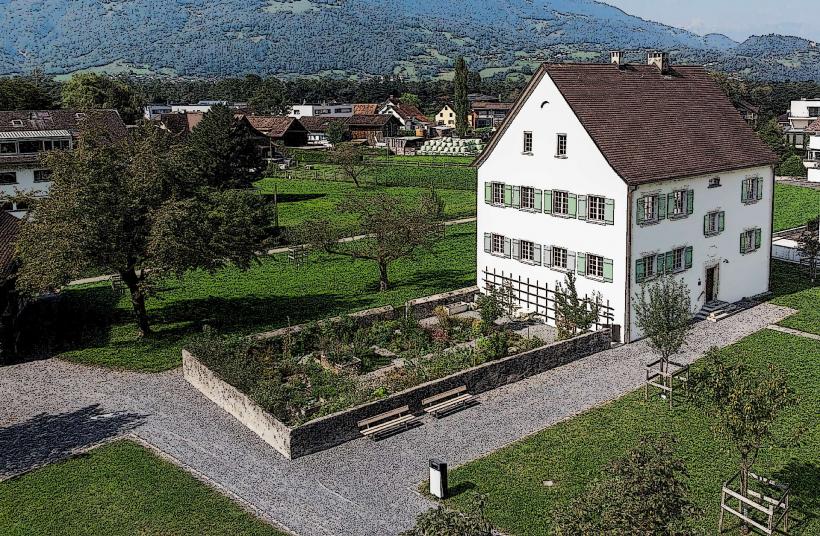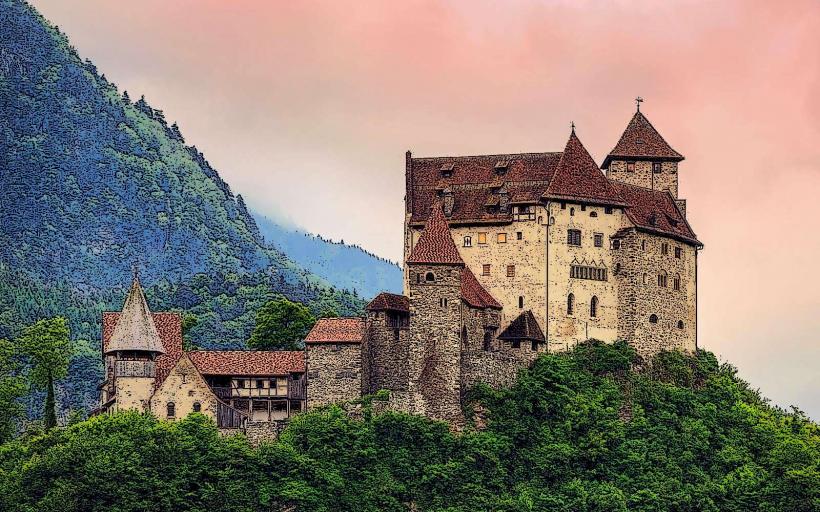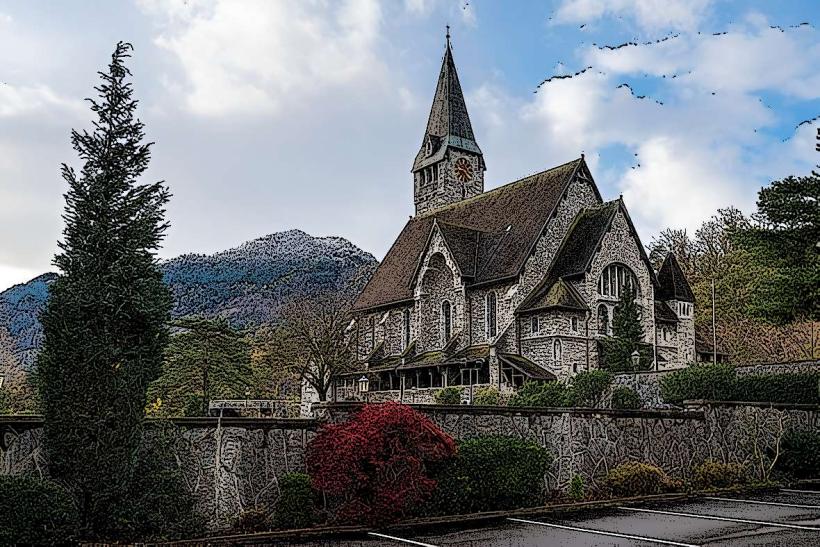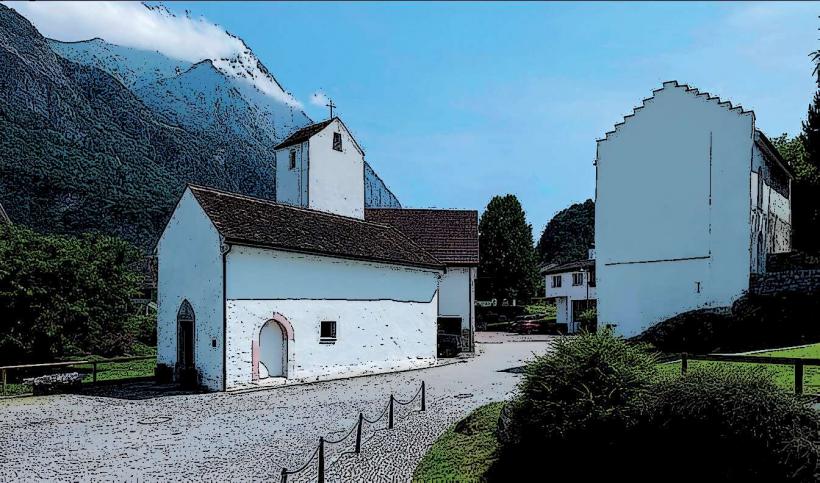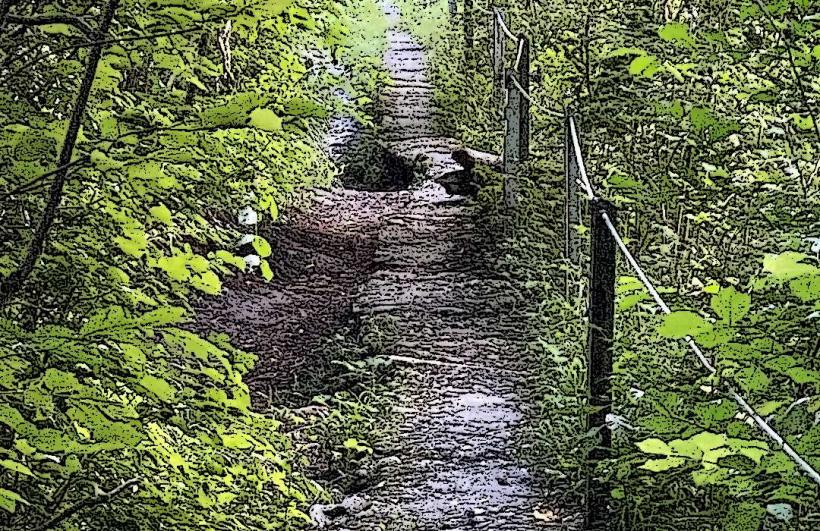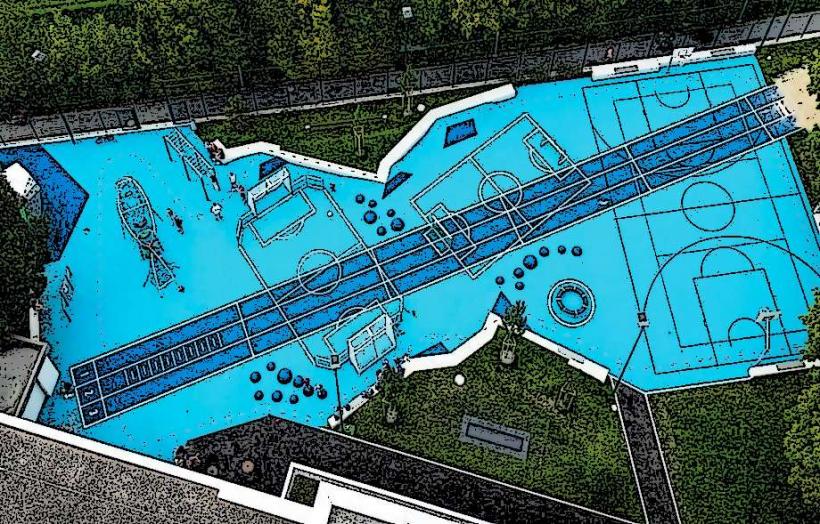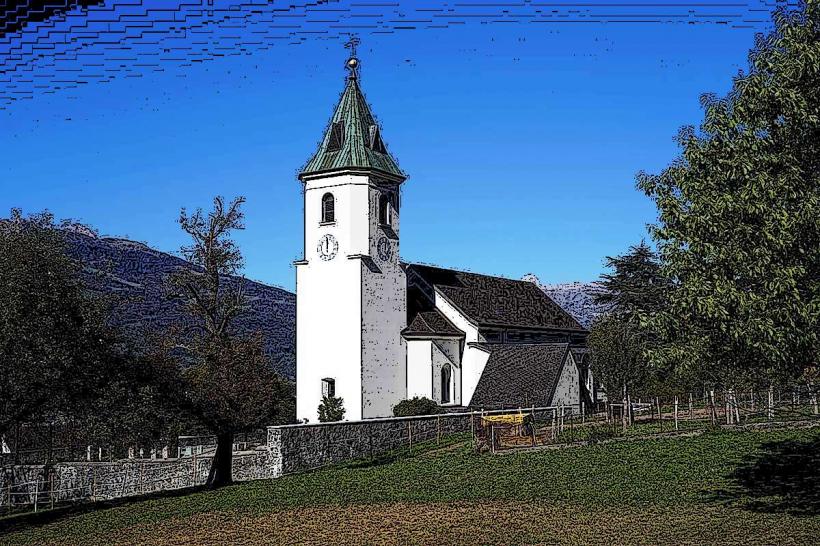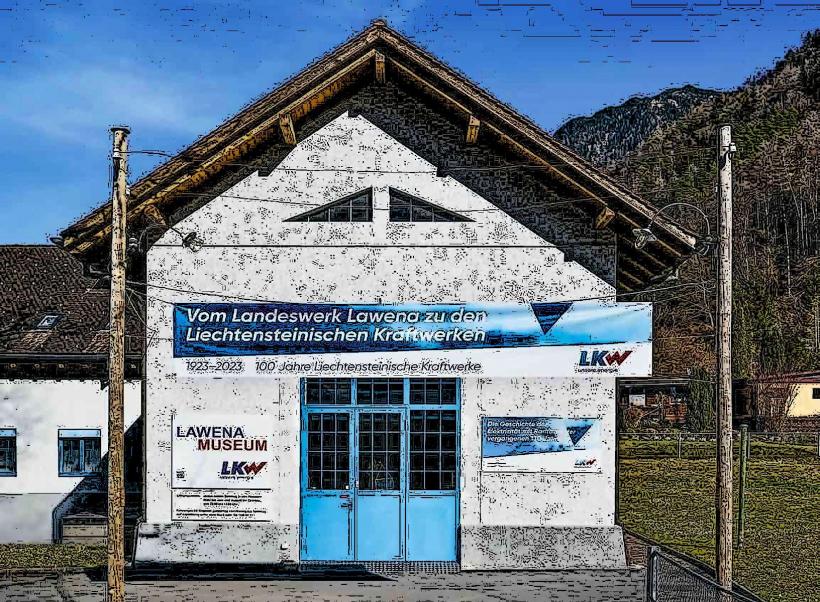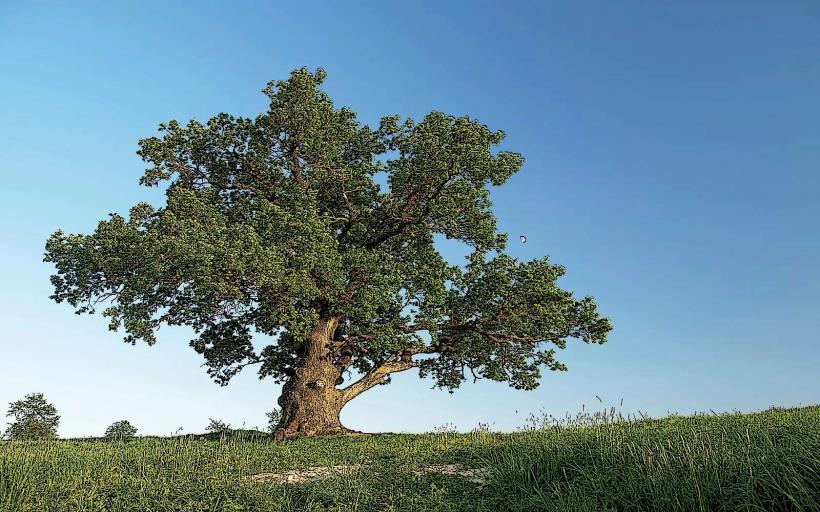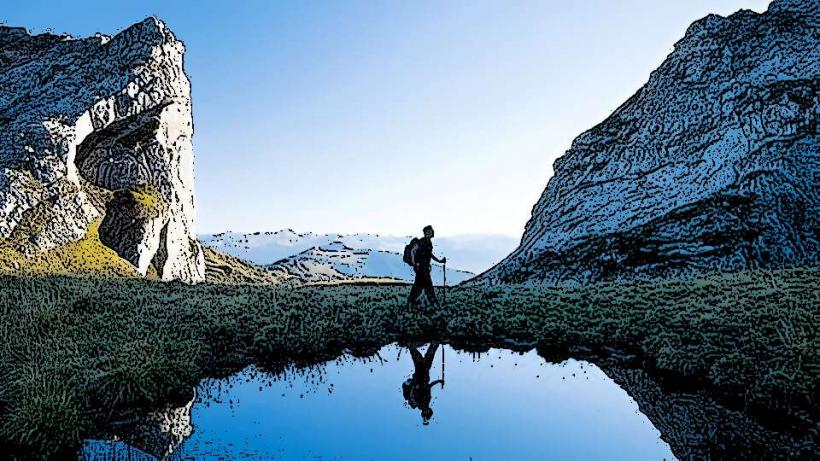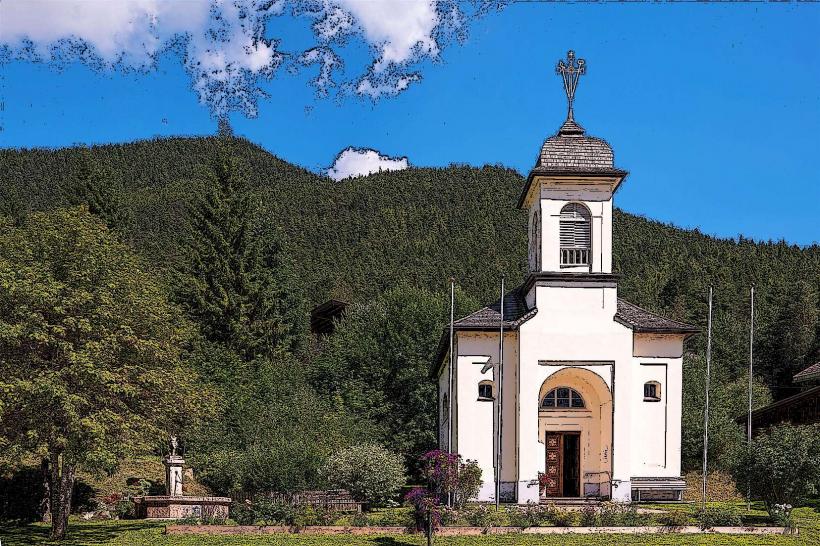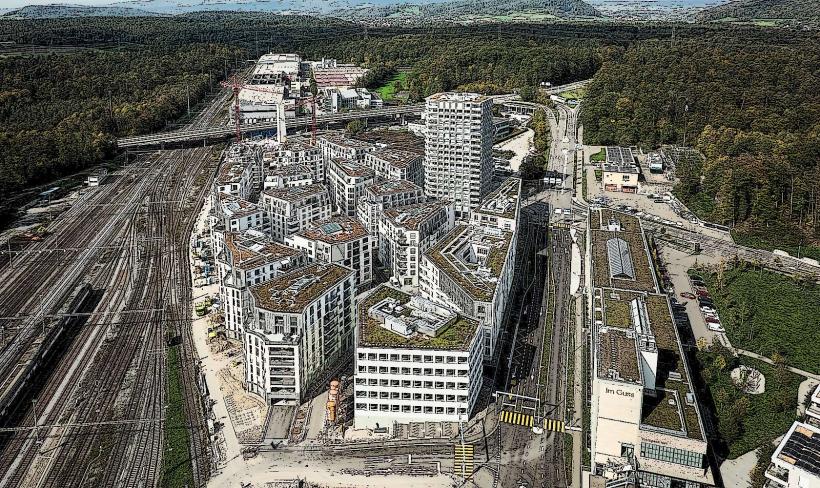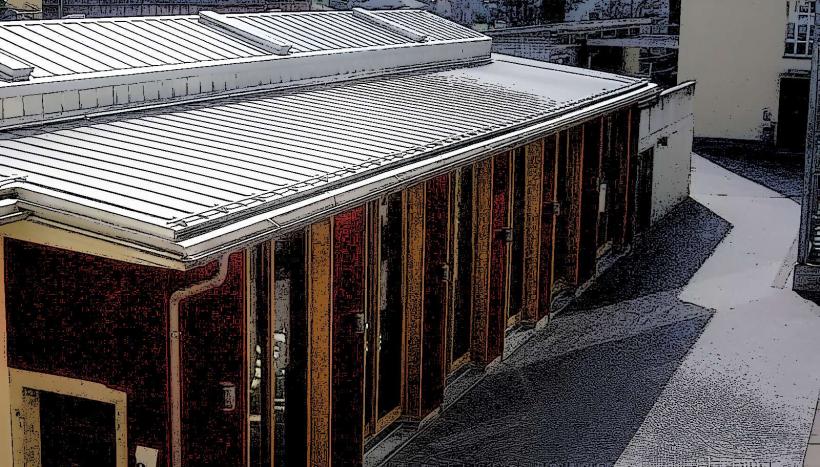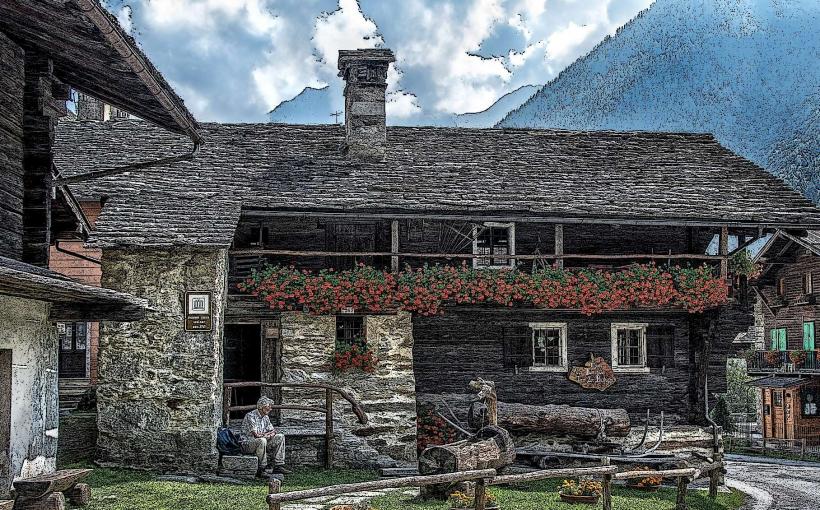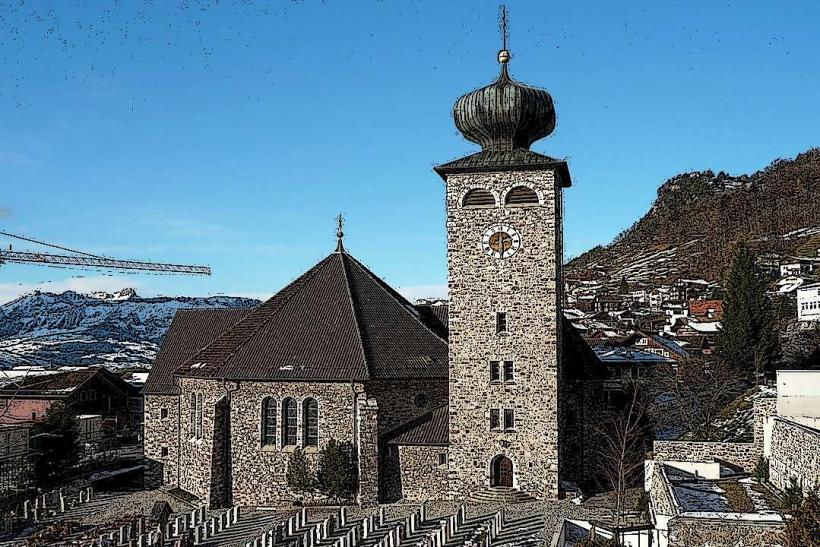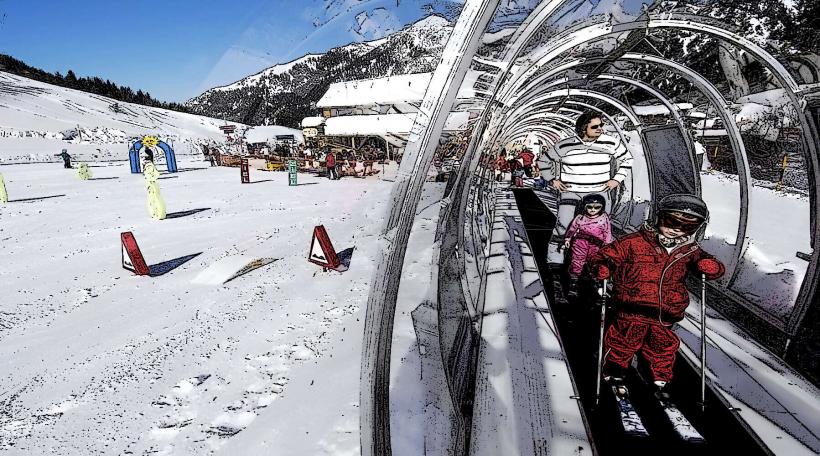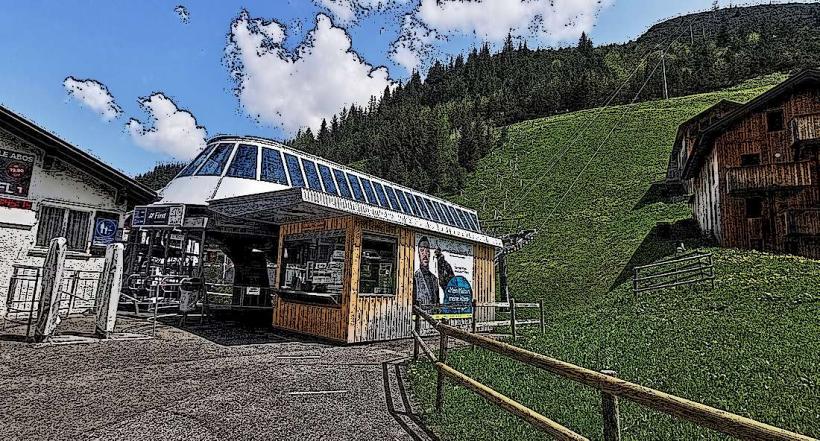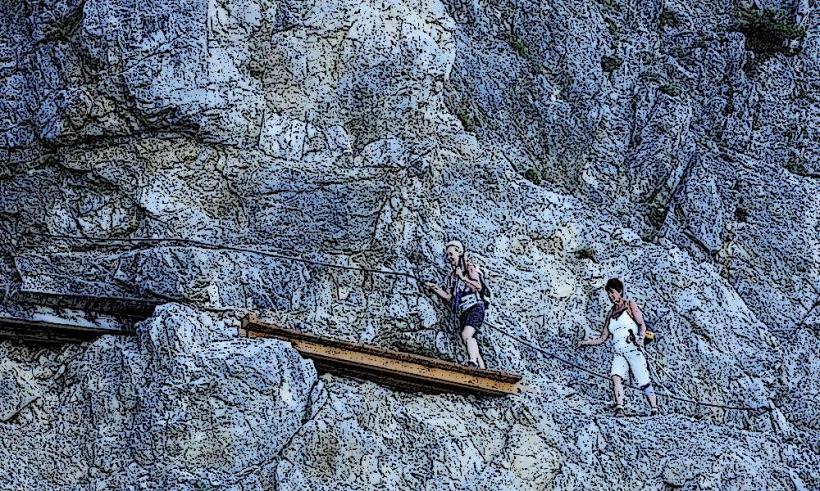Information
Country: LiechtensteinContinent: Europe
Liechtenstein, Europe
Liechtenstein is a doubly landlocked principality situated in the Upper Rhine Valley of the European Alps, bordered by Switzerland to the west and south and Austria to the east. It is defined by its status as a global hub for specialized manufacturing and financial services, with Vaduz serving as the capital city.
Visa & Entry Policy
Liechtenstein is a member of the Schengen Area. Citizens of the EU, EEA, and Switzerland have right of free movement. Holders of US, UK, Canadian, and Australian passports are visa-exempt for stays up to 90 days within a 180-day period. Under current 2026 regulations, visa-exempt non-EU citizens must obtain ETIAS authorization prior to arrival. There is no independent visa-on-arrival system; entry requirements mirror those of Switzerland.
Language & Communication
The official language is German. Most citizens speak Alemannic dialects (High or Highest Alemannic) in daily life. English proficiency is High, particularly among the workforce and in the tourism sector, as it is the primary second language taught in schools.
Currency & Payment Systems
The official currency is the Swiss Franc (CHF). Card acceptance (Visa, Mastercard, American Express) is universal in hotels, restaurants, and retail outlets. While digital and contactless payments are standard, cash is still utilized for small transactions in rural alpine huts. ATMs are widely available in every municipality.
National Transport Grid
There is no domestic airport or independent rail operator. The national transport backbone is the LIEmobil bus network, which provides synchronized connections between all 11 municipalities and link to the Swiss (SBB) and Austrian (ÖBB) rail hubs at Buchs, Sargans, and Feldkirch. A single railway line traverses the country, operated by ÖBB, primarily serving the Schaan-Vaduz station for regional transit.
Digital Infrastructure
Telecom Liechtenstein (FL1), Salt, and Swisscom are the primary mobile network providers. 4G/LTE coverage is at 97% population reach, and 5G deployment is active across the Rhine Valley floor. High-speed fiber-optic broadband is the national standard for fixed-line connections.
Climate & Seasonality
The climate is temperate continental and alpine. The primary dry season occurs from September to May, with February being the driest month. The wet season spans May to September, characterized by heavy thunderstorms. Winters are cold and snowy, particularly in the eastern alpine regions, while the Föhn wind frequently brings sudden warm temperatures to the valleys.
Health & Safety
No specific vaccines are mandatory for entry. Environmental risks include tick-borne encephalitis in forested areas and altitude sickness in high alpine zones. The emergency number for Police is 117, and the number for Ambulance/Medical emergencies is 144. General emergency services can be reached via 112.
Top 3 Major Regions & Cities
The Rhine Valley (Oberland): The political and commercial core; primary hub is Vaduz.
The Northern Lowlands (Unterland): The industrial and agricultural center; primary hub is Schaan.
The Alpine Highlands: The recreational and winter sports zone; primary hub is Malbun.
Local Cost Index
1L Bottled Water: 1.50 CHF ($1.75)
1 Domestic Beer (0.5L): 6.50 CHF ($7.60)
1 Sim Card (10GB Data): 20.00 CHF ($23.40)
Facts & Legends
In the 1866 Austro-Prussian War, Liechtenstein deployed an army of 80 men to guard the Brenner Pass. Upon their return, the unit reportedly numbered 81 men; they had seen no combat and had befriended an Italian officer (or deserter) who joined the ranks, resulting in the only military campaign in history with "negative" casualties.

